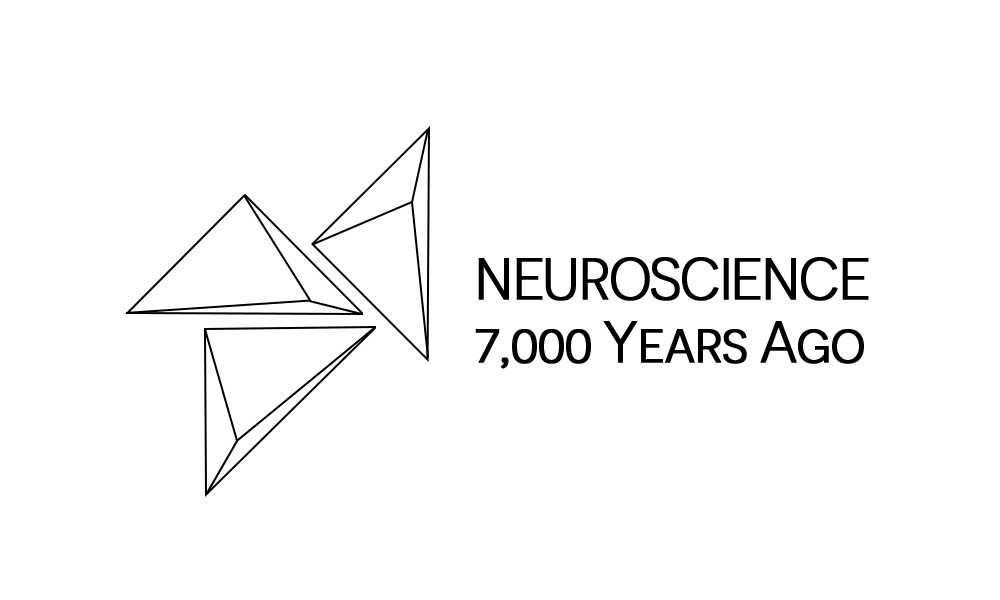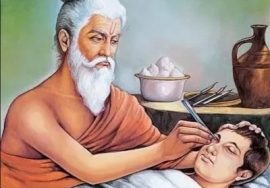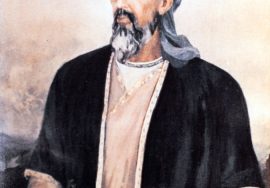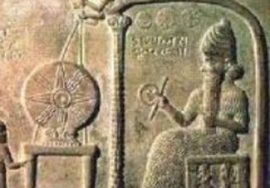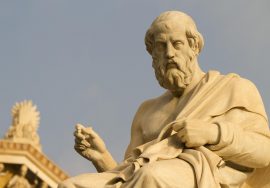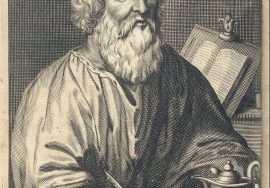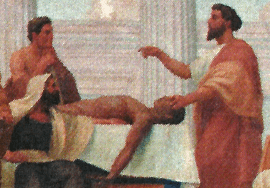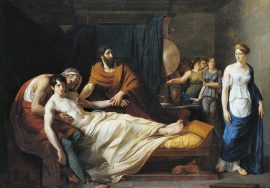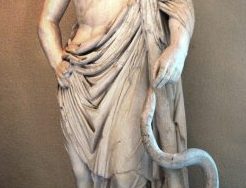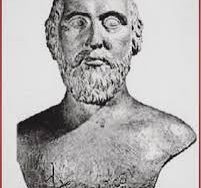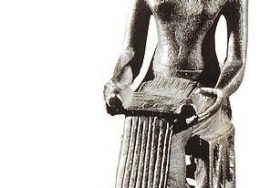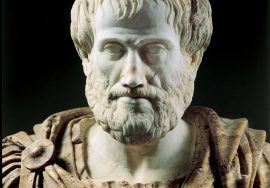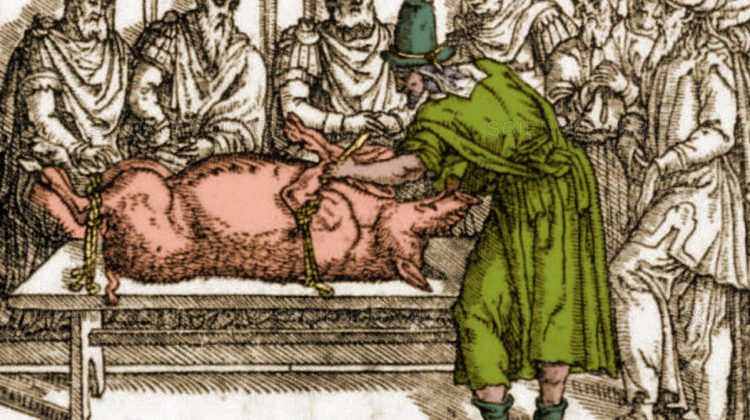
Galen
Aelius Galenus or Claudius Galenus (129 A.D. – c. 200/c. 216), sometimes known as Galen of Pergamon, born in the ancient city of Pergamon (present-day Bergama, Turkey). Was a physician, surgeon and philosopher in the Roman Empire. He is considered one of the most accomplished of all medical researchers of antiquity, Galen influenced the development of various scientific disciplines, including anatomy, physiology, pathology, pharmacology, and neurology, as well as philosophy and logic. The son of Aelius Nicon, a wealthy Greek architect with scholarly interests, Galen received a comprehensive education that prepared him for a successful career as a physician and philosopher.
Galen listened intently. He knew that he wanted to become far more than a spiritual healer or priest-physician who would offer sacrifices, sing hymns, and prescribe music to his patients. He also rejected the idea of becoming a medical compiler like the two great Roman encyclopedists of the first century, Celsus and Pliny the Elder. Of all the possibilities, he found himself most attracted to a medicine based on anatomy and physiology.
Although Galen concluded that these two sciences were the legs on which medicine must stand, he did not close his eyes to the best qualities of the other schools. His idea was to pick and borrow from each school, hoping to unify medicine under a single banner. He became so dedicated to his goal that he never gave serious thought to marriage, social activities, or other “distractions” that could interfere with his career.
After his father’s death, Galen traveled to Smyrna, Corinth, and other Greek centers of learning in an effort to increase his knowledge of medicine, the life sciences, and philosophy. His longest stop was a five-year stay in Alexandria. Although in decline from the splendor it had enjoyed centuries earlier, it was still the best place to study anatomy and physiology.
At the age of twenty-eight Galen returned to the city of his birth. With twelve years of education, he was finally prepared to practice medicine and settling in Rome, where he served prominent members of Roman society and eventually was given the position of personal physician to several emperors [1].
